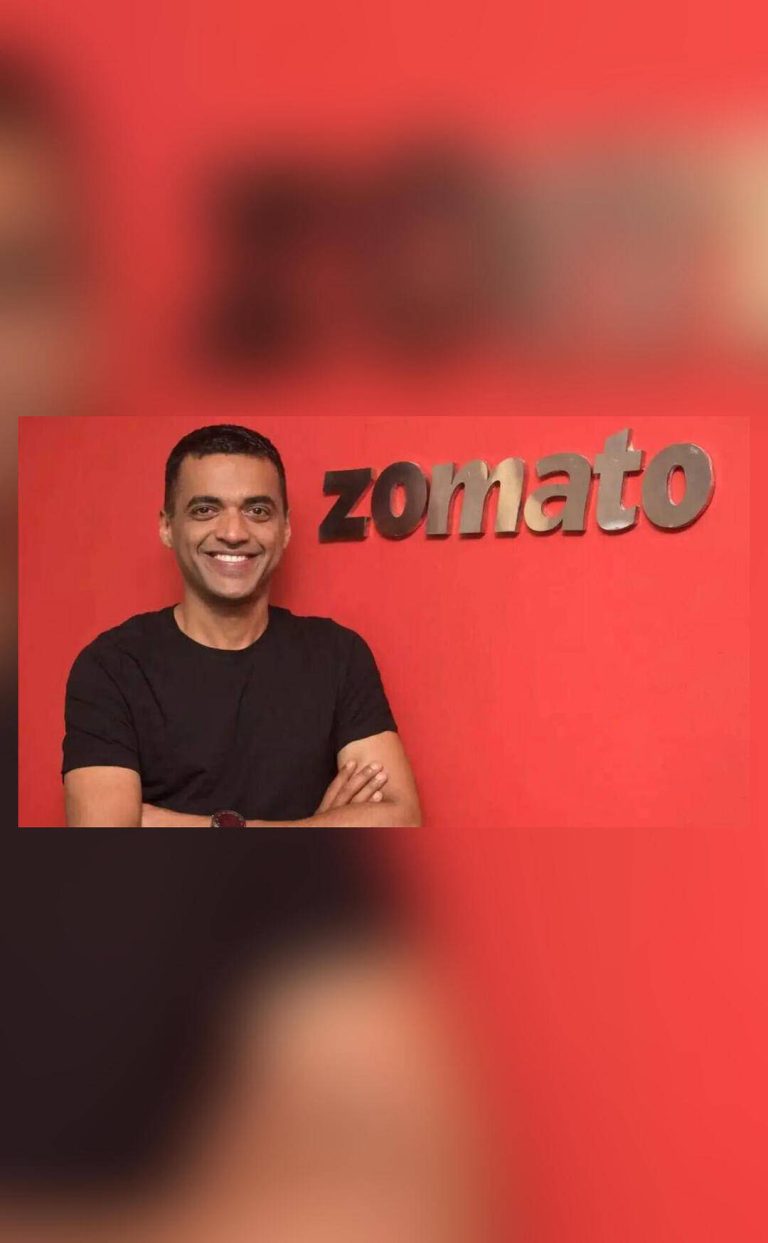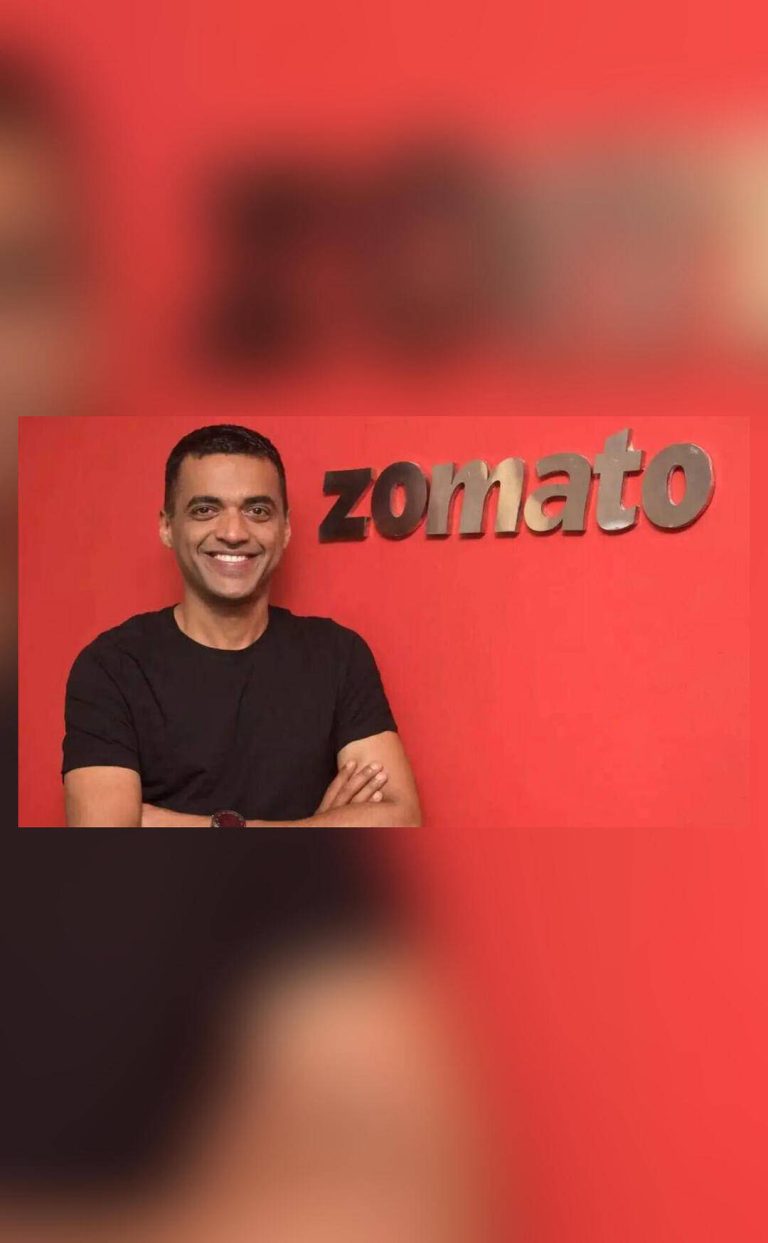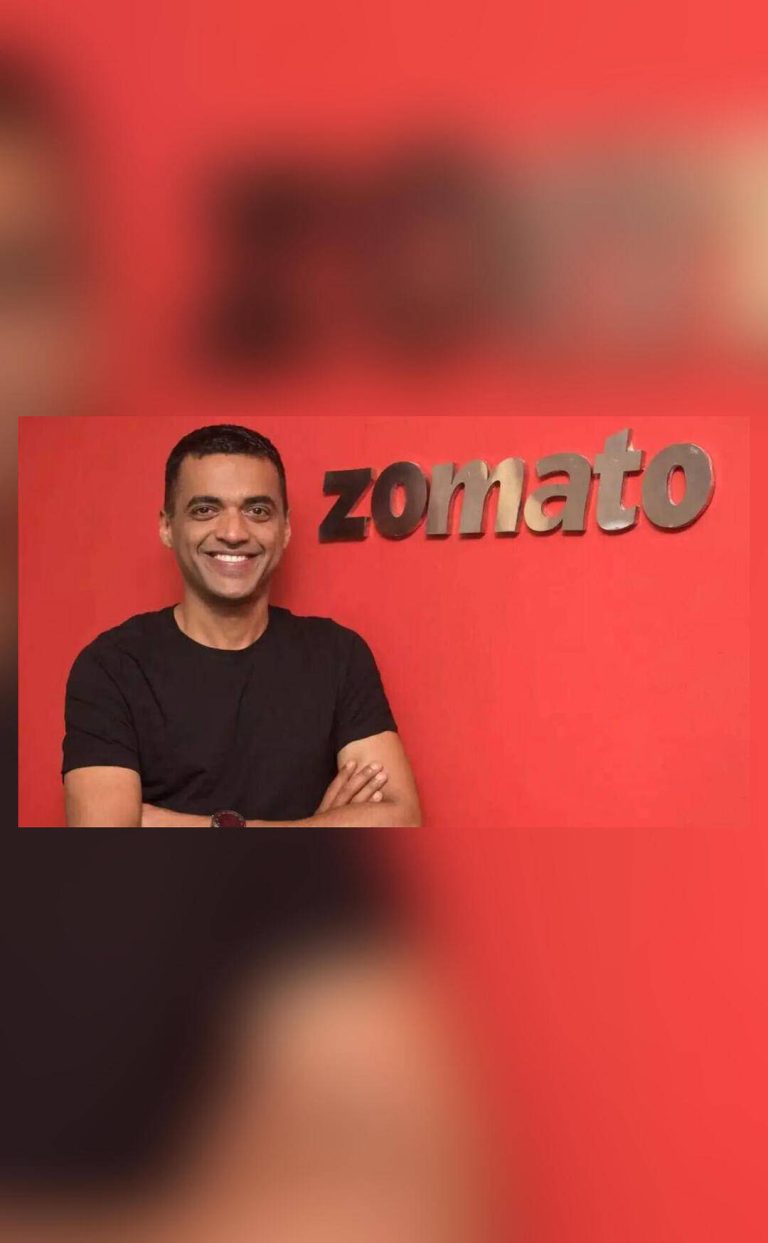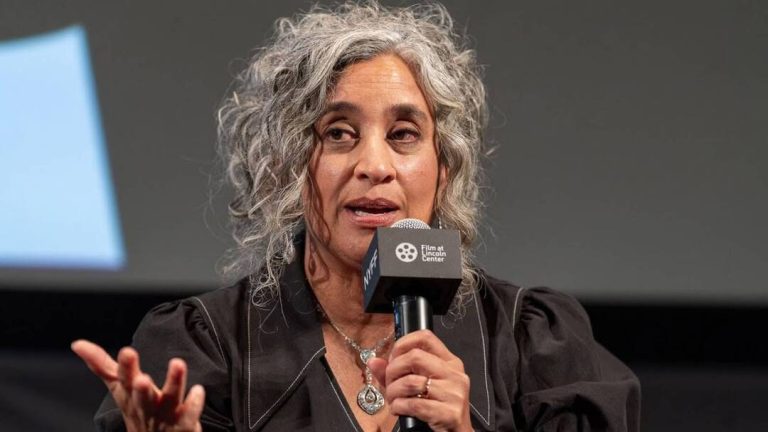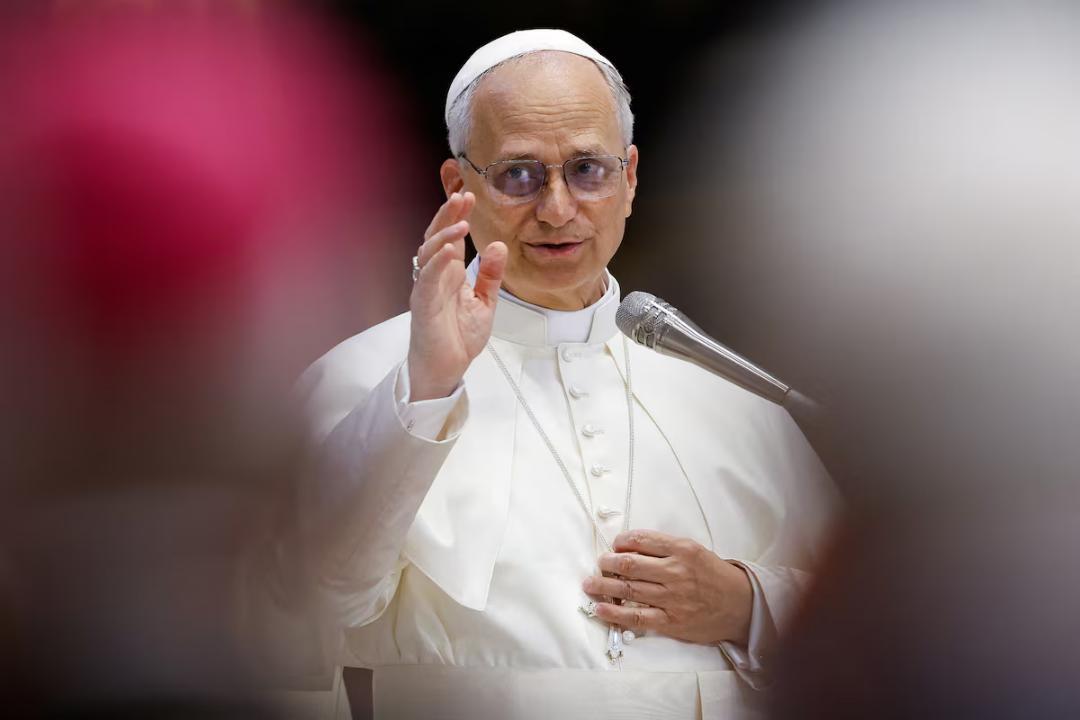
Don’t ask AI to do your homework,’ Pope Leo tells youth
In a virtual address to a US youth conference, Pope Leo XIV offered words of wisdom to the young attendees, emphasizing the importance of using artificial intelligence responsibly. The Pope’s message was clear: while AI can be a powerful tool for growth and learning, it should not be relied upon to do one’s homework. “Don’t ask it to do your homework for you,” he cautioned, encouraging the youth to use AI in a way that complements their education, rather than replacing it.
The Pope’s comments come at a time when AI is becoming increasingly prevalent in our daily lives. From virtual assistants like Siri and Alexa, to AI-powered tools for learning and productivity, it’s clear that AI is here to stay. However, as the Pope noted, AI is “becoming one of the defining features” of our present time, and it’s up to us to use it wisely.
The Pope’s message is particularly relevant for young people, who are growing up in a world where AI is ubiquitous. While AI can be a powerful tool for learning, it can also be a crutch that prevents students from developing important skills like critical thinking and problem-solving. By relying too heavily on AI to do their homework, students may be missing out on the opportunity to develop these skills, which are essential for success in all areas of life.
Furthermore, the Pope’s comments highlight the importance of maintaining a healthy balance between technology use and human interaction. In an age where it’s possible to outsource many tasks to AI, it’s easy to get caught up in the idea that technology can do everything for us. However, as the Pope noted, there is no substitute for human effort and dedication. By using AI responsibly, young people can focus on developing their own skills and abilities, rather than relying on technology to do the work for them.
The Pope’s address also touched on the broader implications of AI on society. As AI becomes more prevalent, there are concerns about its impact on jobs, relationships, and community. The Pope encouraged the youth to think critically about these issues, and to consider the ways in which AI can be used to build a more just and equitable society.
In addition to his comments on AI, the Pope also emphasized the importance of education and personal growth. He encouraged the young attendees to pursue their passions and interests, and to use their talents and abilities to make a positive impact in the world. By combining their natural abilities with the power of AI, the Pope suggested, young people can achieve great things and create a brighter future for themselves and for others.
The Pope’s message is not just relevant for young people, but for people of all ages. As AI continues to shape our world, it’s up to all of us to use it responsibly and to consider its implications on our lives and our society. By using AI in a way that complements our human abilities, rather than replacing them, we can create a future that is more just, equitable, and fulfilling for all.
In conclusion, the Pope’s comments on AI and education offer a timely reminder of the importance of using technology responsibly. By following the Pope’s advice and using AI in a way that helps them grow, young people can develop the skills and abilities they need to succeed in all areas of life. As the Pope noted, AI is “becoming one of the defining features” of our present time, and it’s up to us to use it wisely.
Source: https://theprint.in/world/dont-let-ai-do-your-homework-pope-leo-tells-us-youth/2789617/
